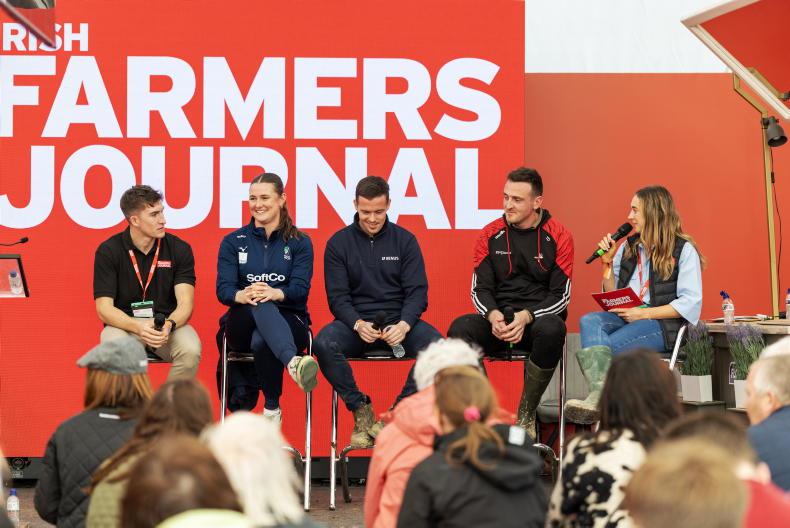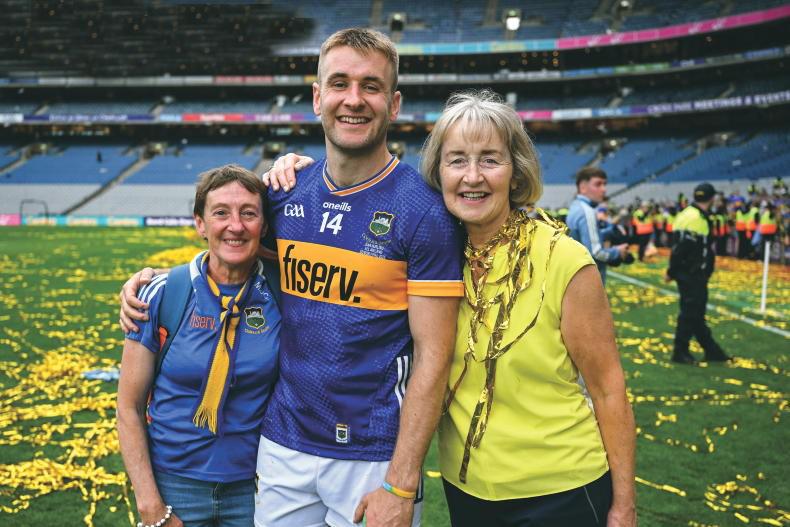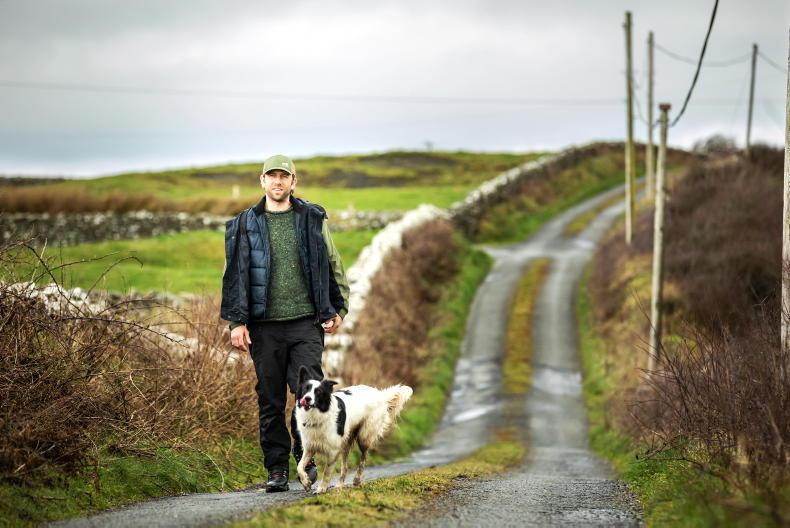Back in 2013, Kerry lost their first four games in Division 1 of the Allianz Football League.
With the county having been beaten by Donegal in the previous year’s All-Ireland quarter-final and manager Jack O’Connor departing to be replaced by relative novice Eamonn Fitzmaurice, the ‘crisis’ chatter wasn’t long brewing.
Kerry arrested their slide and then in the summer they won the Munster title and made it to the All-Ireland semi-finals, falling short against Dublin.
The following spring, there was another slow start in the league, the first three games resulting in defeats while Colm Cooper suffered a cruciate ligament injury that would prevent him from playing any part in that year’s championship.
It was a blow, obviously, but despite the fact that the previous year’s forecasts of doom had proven to be false, once more there were premature pronouncements that Kerry might not contend.
Such knee-jerk reactions tend to ignore the fact that the provincial championship set-up means that, in the back-door era, it’s impossible to conceive of All-Ireland quarter-finals that don’t feature Kerry but, in the wider view, it’s somewhat bemusing that lessons are never learned in terms of too much being extrapolated from early-season results.
Obviously, there are column inches to fill and the more dramatic opinions tend to get more attention, but it can be draining. We realise that this could be tantamount to telling people not to bother buying newspapers for GAA coverage in the early part of the year – a dangerous ruse for a sports journalist – but there is a steadier middle ground.
The genesis for this column is the fact that Galway were knocked out of the Walsh Cup by Dublin last Sunday, the final score in Parnell Park showing 3-29 to 0-19 in favour of the home side.
Galway are of course managed by Kilkenny legend Henry Shefflin, taking his first steps in inter-county activity after taking his home club Ballyhale Shamrocks to back-to-back All-Ireland titles.
Nobody was jumping over the moon when the Tribesmen began life under Shefflin with victory over Offaly – under the management of his former Cats team-mate Michael Fennelly – but a 19-point reversal against the Dubs was taken as a warning siren, despite the fact that the Galway team was much changed.
One of the questions put to Shefflin afterwards asked if “anybody was bedding in at all,” given the size of the margin of defeat. To be fair to him, as somebody who has achieved so much, easy excuses are not something he reaches for while at the same time not frantically panicking.
“I think there were seven or eight changes from last week so it’s hard to get that pattern of play that Dublin definitely have at the moment,” he said.
“Dublin were definitely further down the road and it is concerning because we’re trying to find players and stuff like that. Look, it’s about learning and growing and taking these defeats and we will not panic yet.”
Obviously, given the fact that this is the first year since 2007 where Joe Canning is not an active player for Galway, there are more question-marks about them. But it shouldn’t be forgotten that they finished top of their group in 2021 league and were expected to be among Limerick’s closest challengers – as in 2020, when they could have beaten the Shannonsiders in the All-Ireland semi-final – only for the championship to pan out badly.
Some key players have breached the 30-mark, but it shouldn’t be forgotten that Galway won four All-Ireland minor hurling titles on the trot before Cork denied them a five-in-a-row last August. There is potential there to be mined.
Maybe it will be the case that Galway have a bad league and a bad championship and that Shefflin is not the man to restore them to the top of the pile. We’re not saying he’ll guarantee success but the Walsh Cup is a distant fourth in terms of priority after the All-Ireland, Leinster championship and league.
Crisis talk fills the January and February vacuum, but ultimately it’s only hot air until the proper stuff gets going.
It was a good weekend for the Irish sides in the Heineken Champions Cup, with Connacht’s late defeat to Leicester Tigers, following a pulsating game at the Sportsgrounds, the only drawback.
Still, the somewhat convoluted qualifying system used means that six rounds of games are used to reduce 24 teams to 16 and so the final set of fixtures this coming weekend should result in all four Irish provinces making the knockout stages.
Munster and Ulster are safely through thanks to wins over Castres and Northampton Saints and, while Leinster’s facile 89-7 triumph at home to Montpellier wasn’t enough to guarantee their progression, it would take an extremely unlikely set of results to stop Leo Cullen’s men even if they were to lose away to Bath.
Similarly, Connacht are fifth in the 12-team Pool B with eight to qualify and eight points separate them from ninth-placed Castres, who are away to Harlequins while the western province travel to France to take on a Stade Français side whose only hopes of advancement are in the second-tier Challenge Cup.
Barring disasters, all four will be able to safely box off Europe until after the Six Nations Championship and of course the great unspoken concern is that there are no new injury developments that would hinder Andy Farrell’s preparations, given that Ireland’s opener against Wales is just a fortnight away.









SHARING OPTIONS